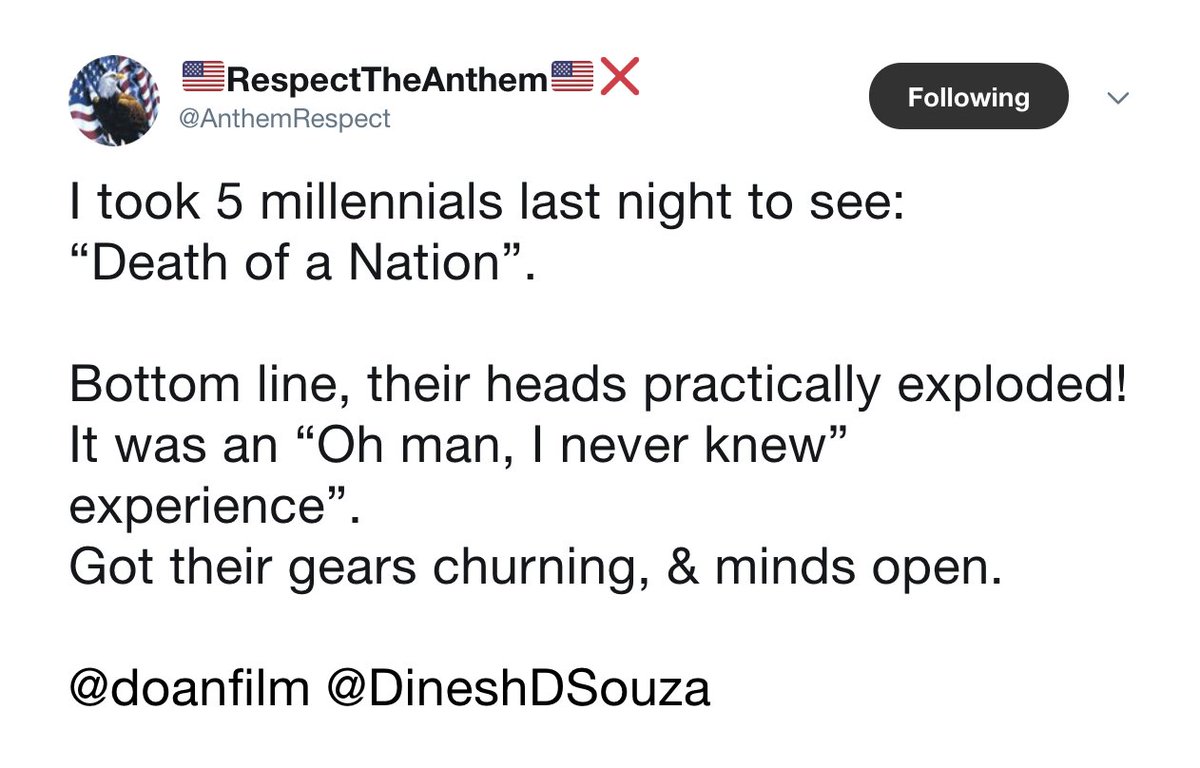

Sharp and funny, warm and real, it's the kind of big-hearted story we all need.Is Dead the End? Or, as bestselling author Dinesh D'Souza argues, do the latest discoveries in physics and neuroscience, the most convincing philosophical deductions and the most likely conclusions from anthropology and biology lend increasing credibility to the prospect of life after death? In a stunning tour de force, Life After Death.

Andrew must choose: Does he tell the truth and start really living his life, but risk losing his friendship with Peggy? Or will he stay safe and alone, behind the façade? How Not to Die Alone is about the importance of taking a chance in those moments when we have the most to lose. She doesn't notice the wall he's been safely hiding behind and their friendship promises to break it down. But when new employee Peggy breezes into his life like a breath of fresh air, Andrew is shaken out of his routine. The fantasy of his wife and two kids has become a pleasant escape from his lonely one bedroom with only his Ella Fitzgerald records for company. Andrew didn't mean for the misunderstanding to happen, yet he's become trapped in his own white lie. At least, that's what his coworkers believe. Thankfully, he has a loving family waiting for him when he gets home, to help wash the day's cares away. How Not to Die Alone by Richard Roper Andrew's day-to-day is a little grim, searching for next of kin for those who die alone.

Ira Byock, a prominent palliative care physician and the author of Dying Well, as well as Congressional testimony given by Dr. This edition includes an elegant, enlightening introduction by Dr. Through sample interviews and conversations, she gives readers a better understanding of how imminent death affects the patient, the professionals who serve that patient, and the patient's family, bringing hope to all who are involved.

Kübler-Ross first explored the now-famous five stages of death: denial and isolation, anger, bargaining, depression, and acceptance. Kübler-Ross's famous interdisciplinary seminar on death, life, and transition. One of the most important psychological studies of the late twentieth century, On Death and Dying grew out of Dr. Elisabeth Kübler-Ross's beloved, groundbreaking classic on the five stages of grief. On Death and Dying by Elisabeth Kübler-Ross Ira Byock (Foreword by) Fifty years after its original publication, a commemorative edition with a new introduction and updated resources section of Dr.


 0 kommentar(er)
0 kommentar(er)
